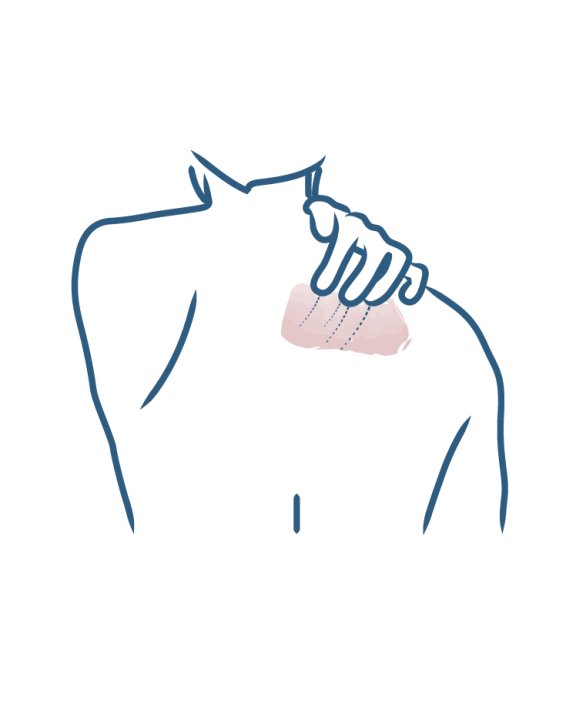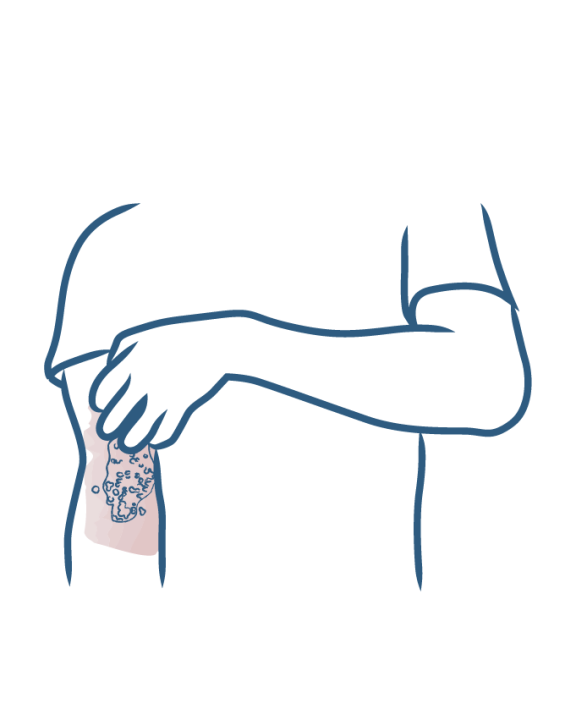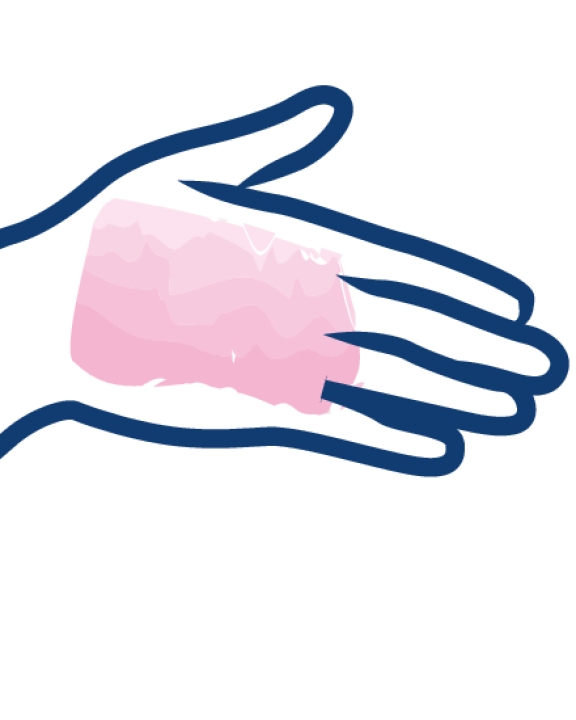Occupational dermatoses
- SUMMARY
- Eczema
Occupational hairdressers’ dermatosis
- Living with eczema day to day
- What soap should be used for eczema?
- Eczema cream, ointment: what should you use?
- Eczema: can it be cured?
- Eczema: how to treat itching
- Swimming pool, swimming when you have eczema?
- Which detergent should eczema patients use?
- Eczema: how can flare-ups be avoided?
- What are the habits to avoid when you have eczema?
- Eczema: What daily reflexes should you adopt?
- Eczema: what foods should you eat?
- What causes eczema?
- Clothing contact eczema
- Contact eczema due to cosmetics
- Contact eczema due to nickel and chromium
- Stress-induced eczema
- Hereditary eczema
- Perspiration-induced eczema
- Contact eczema due to cleaning products
- Allergy-induced eczema
- Contact eczema due to medication and topical treatments
- Body eczema: hands, feet, arms, back, face, etc.
- Arm eczema (elbows, armpits, forearms)
- Eczema of the eyelids, eyes or palpebral eczema
- Foot eczema
- Eczema around the mouth
- Leg eczema or varicose eczema
- Eczema in the ears
- Hand and finger eczema (chronic hand eczema)
- Facial eczema
- Eczema on the stomach and belly button
- Eczema on the neck and nape of the neck
- Scalp eczema
- Eczema on the back
- What is infantile eczema?
- What soap should be used for babies with eczema?
- Eczema in babies and children: the areas most often affected
- Eczema in babies: what habits should you adopt?
- Cortisone cream to relieve eczema?
- How should you treat baby’s and infant’s eczema?
- When should you consult a physician about your baby's eczema?

Occupational hairdressers’ dermatosis
Hairdressing is a high-risk sector for occupational dermatosis. Hairdressers handle many products that can be sources of occupational eczema.
How does hairdresser's eczema manifest itself?
Occupational hairdressers' dermatoses mainly affect the hands: the palm, the back of the hands, but also the pulp of the fingers.
Several symptoms may appear:
, thick, cracked skin, red plaques, itching, blisters, etc.
In the long term, occupational eczema prevents the hairdresser from practicing their profession in good conditions. Occupational hairdressers' dermatosis is then classified
What are the products involved in hairdressers' eczema?
Hair products are rich in chemical substances to wash, color, fix or give shine to the hair. These substances are both irritating and allergenic, hence the risk of irritative and/or allergic occupational eczema. The most frequent allergies among hairdressers are allergies to coloring due to the presence of highly allergenic pigments. Allergy to a shampoo or hairspray is also possible.
Occupational hairdressers’ dermatoses are aggravated by humidity: hands are bathed in water from the styling basin for shampoos and care products, which promotes hand irritation.
At the same time, hairdressers may develop an allergy to scissors or other metal instruments in connection with a nickel or chromium allergy.
How can you avoid hairdressers' eczema?
To avoid an occupational dermatosis at the hairdresser's, it is recommended to wear gloves. Wearing gloves limits contact with chemicals on the one hand and water on the other, but gloves sometimes hinder the hairdresser when handling and sculpting the hair. Select gloves that are both flexible and resistant. Allergy to gloves is possible, especially if they are made of latex. Other materials are available (vinyl, nitrile).
At the same time, do not neglect hand cleansing and care. Keep hands clean and dry as much as possible. Apply an insulating barrier cream regularly, before and during the working day.
To avoid allergy to dyes, on the hairdresser's side as well as on the client's side, prefer natural or plant-based dyes, and always remember to read the labels carefully.
More information
- Discover Occupational dermatosis in the construction and public works industry
Occupational dermatoses
Occupational dermatosis in the construction and public works industry
- Discover Occupational dermatitis of cleaning staff
Occupational dermatoses
Occupational dermatitis of cleaning staff
Our care routines
Skin prone to atopic eczema, contact eczema, chronic eczema and/or, eyelid eczema
Dermatological expertise
To better understand your skin and hair, discover our exclusive content and innovative care products designed to improve your quality of life..





